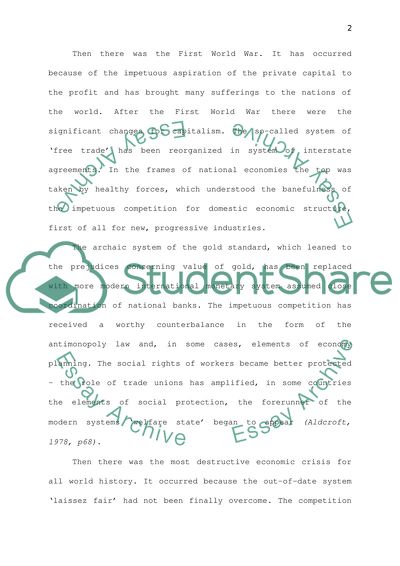Cite this document
(“Why did the First World War have such a disruptive effect on the Essay”, n.d.)
Retrieved from https://studentshare.org/miscellaneous/1540656-why-did-the-first-world-war-have-such-a-disruptive-effect-on-the-international-trading-and-financial-system
Retrieved from https://studentshare.org/miscellaneous/1540656-why-did-the-first-world-war-have-such-a-disruptive-effect-on-the-international-trading-and-financial-system
(Why Did the First World War Have Such a Disruptive Effect on the Essay)
https://studentshare.org/miscellaneous/1540656-why-did-the-first-world-war-have-such-a-disruptive-effect-on-the-international-trading-and-financial-system.
https://studentshare.org/miscellaneous/1540656-why-did-the-first-world-war-have-such-a-disruptive-effect-on-the-international-trading-and-financial-system.
“Why Did the First World War Have Such a Disruptive Effect on the Essay”, n.d. https://studentshare.org/miscellaneous/1540656-why-did-the-first-world-war-have-such-a-disruptive-effect-on-the-international-trading-and-financial-system.


